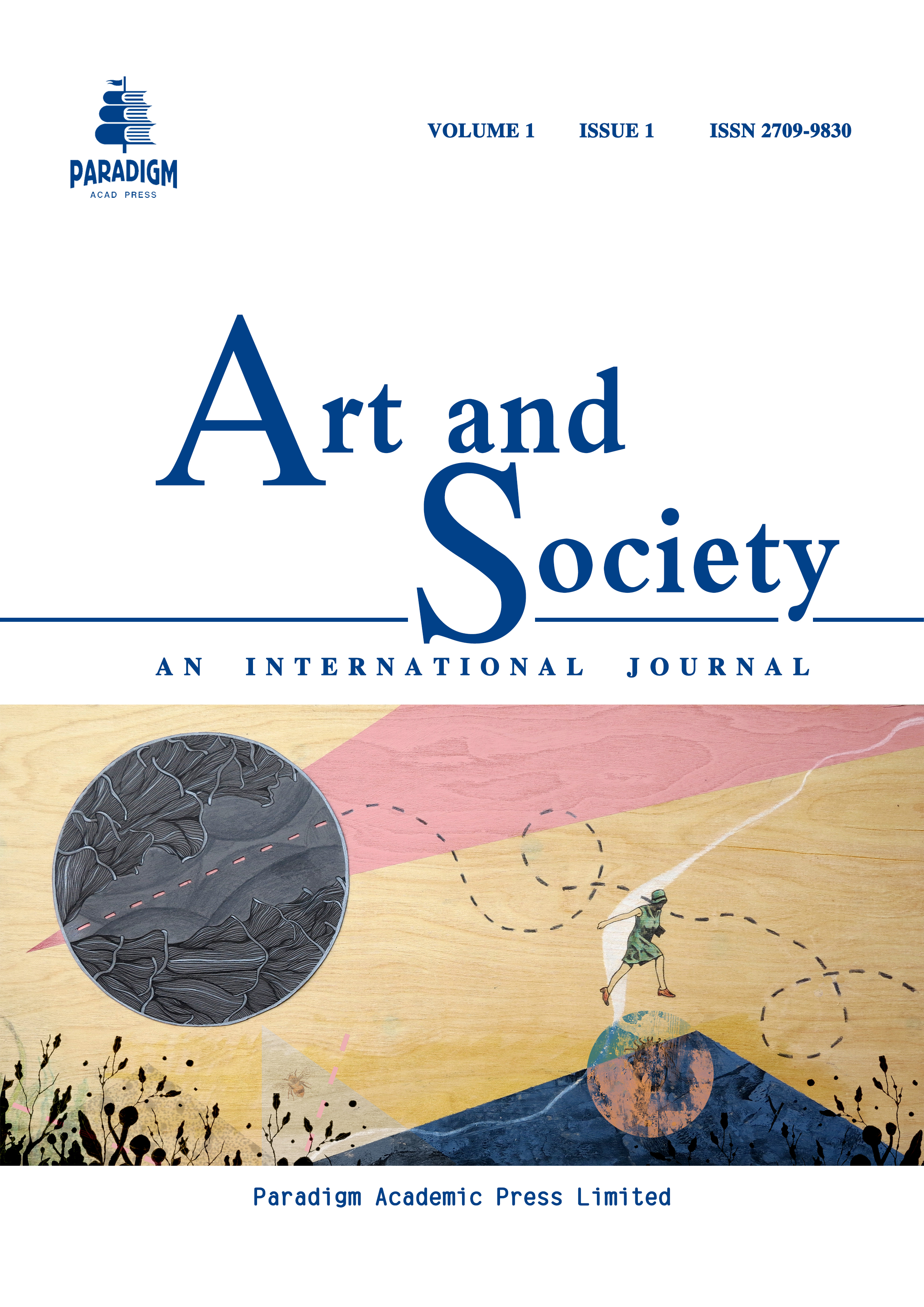Soundscape Composition in the Framework of Cognitive Systems
Keywords:
soundscape composition, field recording, distributed cognition, extended mind, ethnography, culturalAbstract
After more than fifty years of development, soundscape composition has evolved from its initial purposes of education and archival work into a significant branch of contemporary music creation. With the advancement of recording technology, digital audio processing tools, and computer music software, the creative means of soundscape composition have been greatly expanded. At the same time, soundscape composition requires composers to make comprehensive use of multiple fields such as technology, art, science, society and culture. However, this also introduces more complex creative challenges, as composers may need to efficiently coordinate the use of various tools in multitasking environments and manage multidimensional interactive scenarios, which demands higher levels of cognitive ability and clearer workflow. This paper aims to discuss my own soundscape composition project within the framework of cognitive theories (extended mind and distributed cognition), in order to explore underdeveloped perspectives on the practice and learning of soundscape composition. This perspective may provide soundscape composers with a richer cognitive theoretical foundation and potential methodological support in the creative process, helping composers or researchers understand the dynamic cognitive processes of soundscape composition based on an analysis of the entire environment.



